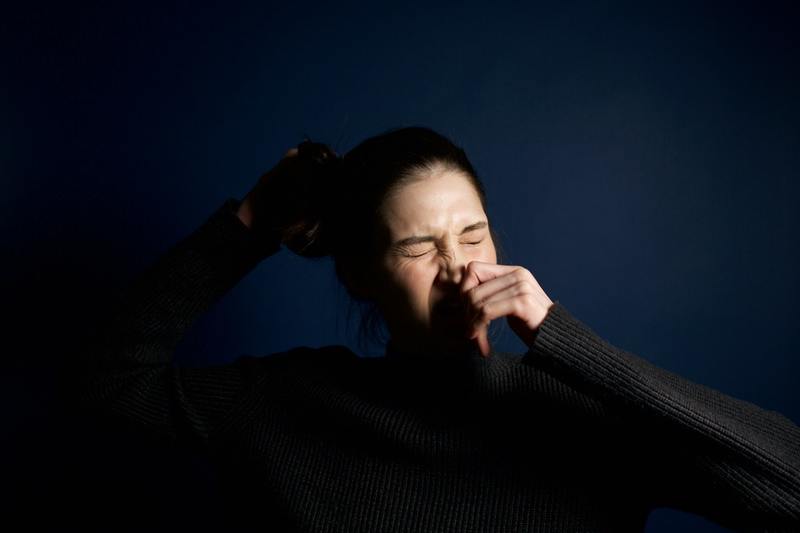AMERICAN WEDDINGS BLOG
Stay up to date with the latest wedding ceremony trends, script writing inspiration, tips and advice for first-time officiants, and news that matters to couples and wedding ministers.
Stay up to date with the latest wedding ceremony trends, script writing inspiration, tips and advice for first-time officiants, and news that matters to couples and wedding ministers.
Published Wednesday, Feb. 5th, 2020
Last updated Monday, Apr. 26th, 2021

Update: This article was written early in the pandemic, before we knew what we know now about COVID-19. The advice below has been updated, but for more recent suggestions and tips on planning or performing a wedding during the pandemic, we recommend you also read:
In China, officials have advised couples to delay their weddings and asked families to scale down funeral services in order to prevent the spread of the new coronavirus, which has claimed hundreds of lives in China and infected over 20,000 people around the world.
Here in the U.S., there have been more than 10 confirmed cases of COVID-19 (six in California, one in Massachusetts, one in Washington state, one in Arizona, and two in Illinois) and there’s a possibility that this tally will continue to rise.
We know that these stats are concerning, especially if your wedding day is on the horizon, but does this news mean that you should think about postponing your event? The short answer is, no. While this virus has dominated the headlines, it’s spread has so far been controlled stateside.
That said, this is a great opportunity to talk about what to do if you feel yourself getting sick with a wedding right around the corner.

If your wedding day is very soon, you'll need to make some big decisions, fast. How much time you have before the event might make a difference in your decision.
If there are more than two weeks before your wedding, schedule a COVID test as quickly as possible, and stay home while you wait for the test results. PCR tests will be more reliable than rapid tests.
Consider contacting your wedding officiant and other vendors to see what your options are for postponing and rescheduling if you haven't already discussed it, just in case. Check to see if any of the contracts you signed with vendors contain a COVID rider or clause -- this will help you determine your options if you end up testing positive.
If you start to feel sick only a day or two before your wedding, postponing the event is the safest option, until you can determine whether or not you have an ordinary cold or the coronavirus.
Now, if you’re a guest who's feeling ill the night before the event and you’re debating whether or not you want to attend, the best option is to stay home and prevent spreading the infection to other guests. No one will hold it against you!
Just make sure to let someone in the wedding party know -- preferably not the bride or groom, who already has enough going on -- and let them know to pass along the message. When you’re feeling better, send your gift and/or card in the mail (if you haven't already).
If you test negative for the virus, and a doctor determines it’s just a regular cold or flu, this will be both a relief, and still a little annoying, especially if you’re a bride or groom.
If it's just a few days before the wedding, do everything you can to relax and take care of yourself and manage your symptoms. You can resort to over-the-counter medications that will help curb or lessen the symptoms, but sleep will be your best illness-kicker, in addition to drinking plenty of fluids and eating nutrious foods.

If you do test positive for the coronavirus, you’ll need to cancel the event if either members of the couple are infected. You'll also want to notify anyone you've been in direct contact with over the past week or two, so that they can get tested as soon as possible.
Most vendors will have well-established policies by now about what to do in this scenario, and many (but not all) will be open to re-scheduling. If you've purchased wedding insurance ahead of time, it may or may not cover your COVID-related cancellation... so be sure to read the fine print.
Contact everyone on your guest list as soon as you can. Email works, but if it's possible, give everyone a direct call -- some people don’t regularly check emails and there’s always the chance it will get lost in the spam folder!
Don't be afraid to enlist the help of others for this task, especially if you're feeling unwell and unable to handle long explanations or conversations.
If your wedding is still a few weeks or months down the line, there are a few things that you can do to help prepare for the worst and soothe your anxieties.
First things first, go get a COVID test, and ask your partner and anyone you've been in direct contact with recently to get tested, too. Then, wait for your results, and take it from it there.
Visit the CDC for recent updates, and read How COVID-19 Spread.
Updated April 26, 2021
Become a Wedding Officiant with Our Free Online Ordination!